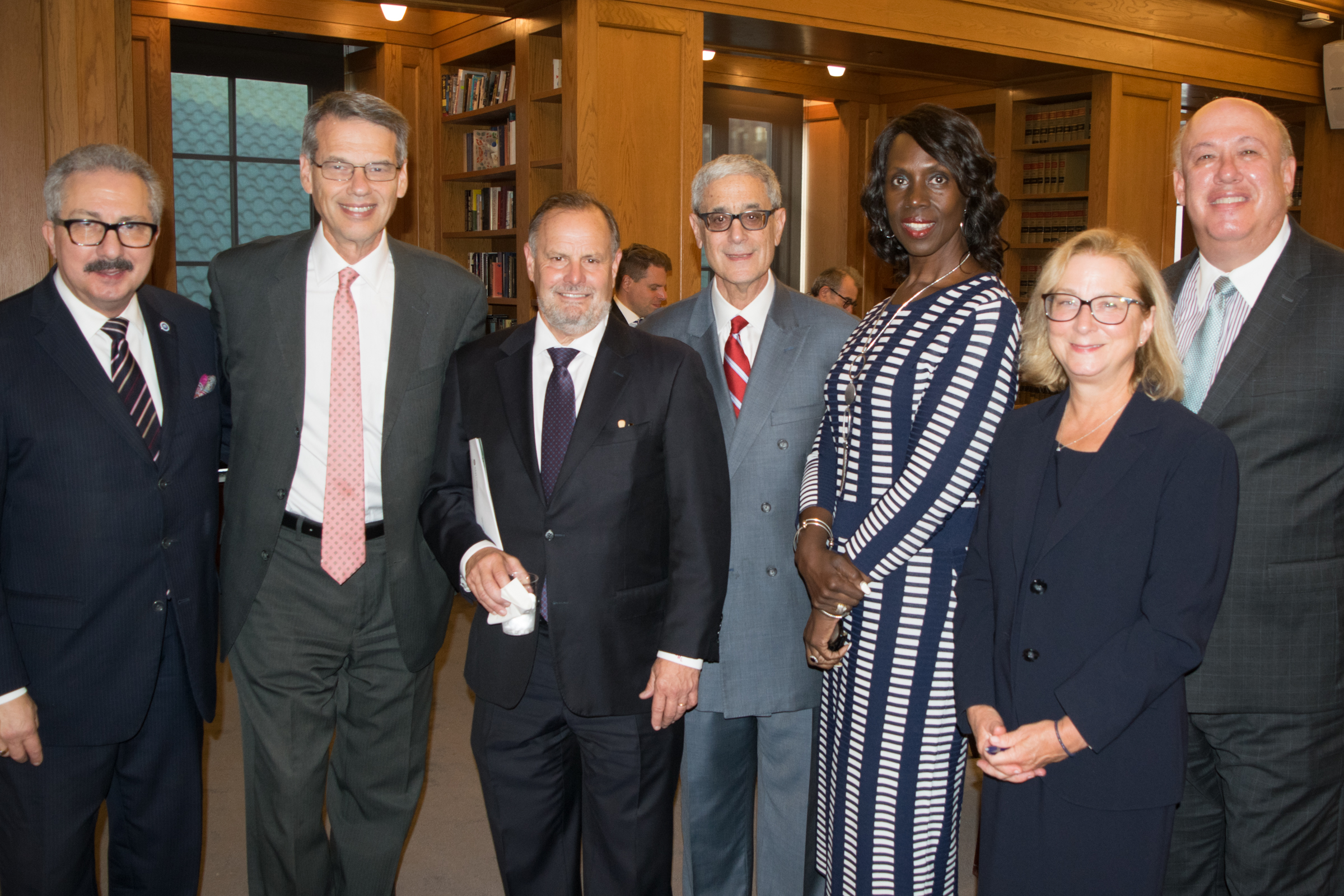State Bar Association hosts CLE to help lawyers improve their practice by eliminating bias

The New York State Bar Association continued on a tradition that has been going on for three years now when it hosted a continuing legal education seminar in Brooklyn last month.
The CLE was titled, “How to Improve your Success in the Courtroom by Understanding Implicit Bias in your Presentation,” and featured five panelists — attorneys Mark Berman, Jason Canales, John Coffey, Patricia Miller and Jennifer Luo.
“This is the third year the section has put on an event in Kings County,” Berman said. “This year we took a different approach and put together a diversity program with a focus on implicit bias in the courtroom.”

Brooklyn Boro
View MoreNew York City’s most populous borough, Brooklyn, is home to nearly 2.6 million residents. If Brooklyn were an independent city it would be the fourth largest city in the United States. While Brooklyn has become the epitome of ‘cool and hip’ in recent years, for those that were born here, raised families here and improved communities over the years, Brooklyn has never been ‘uncool’.